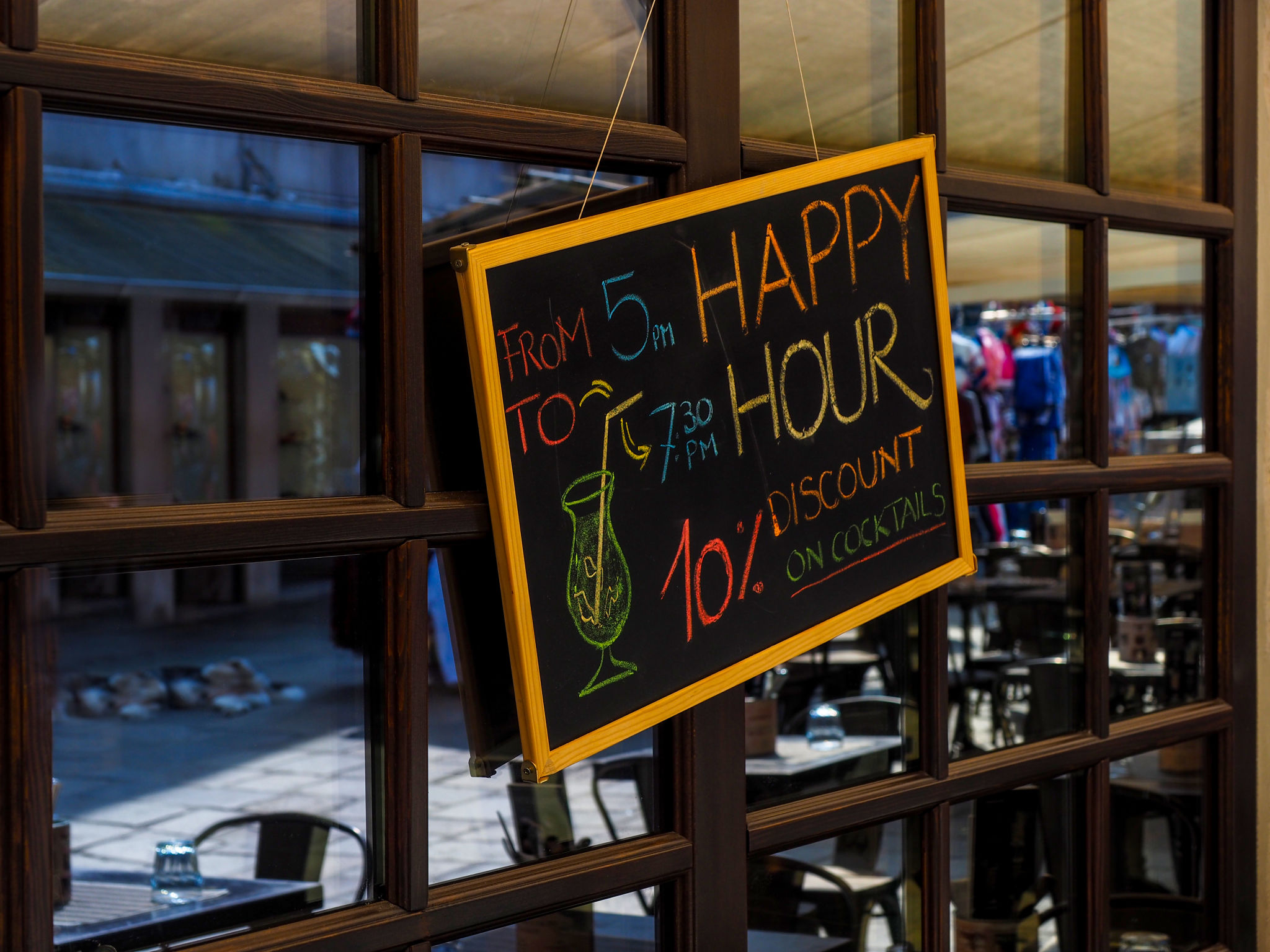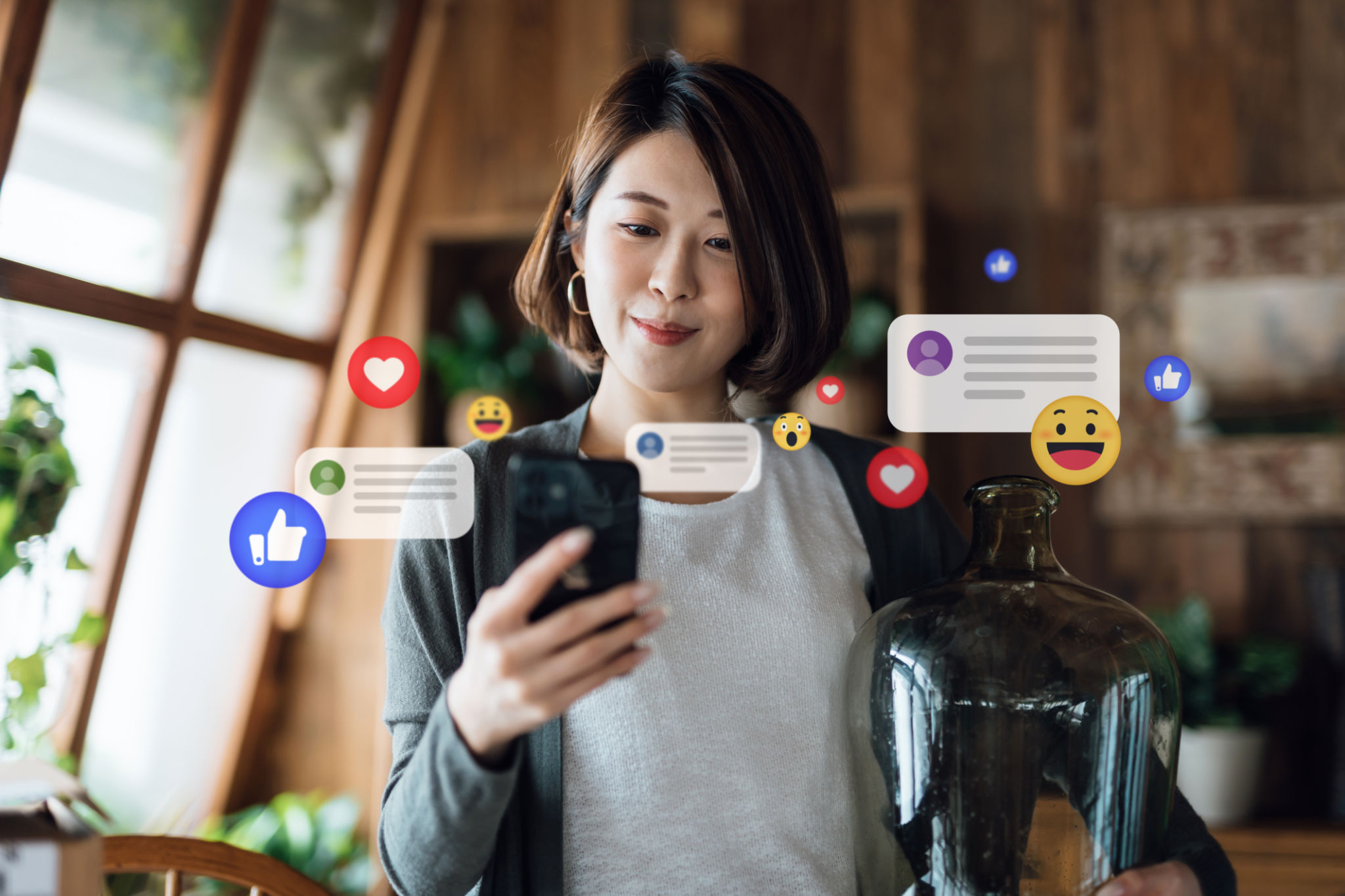Current Trends in Alcohol Marketing: What Brands in Florida Need to Know
CD
Understanding the Changing Landscape of Alcohol Marketing
The alcohol industry in Florida is witnessing a dynamic shift, with brands adopting innovative strategies to capture consumer attention. As digital platforms continue to evolve, brands are finding new ways to engage with audiences and create memorable experiences. Understanding these trends is crucial for alcohol brands aiming to thrive in this competitive market.
Traditional marketing methods are being supplemented by digital campaigns that leverage social media and influencer partnerships. Brands are focusing on creating authentic connections with consumers by crafting personalized and interactive content. This shift towards digital has opened up numerous opportunities for brands to engage with their target audience more effectively.

The Rise of Sustainability and Health-Conscious Choices
Today's consumers are more health-conscious and environmentally aware than ever before. This trend is significantly impacting the alcohol market, with an increasing demand for organic and sustainable products. Brands are responding by highlighting their commitment to sustainable practices and offering products with reduced environmental impact.
In addition to sustainability, there's a growing preference for low-alcohol and non-alcoholic beverages. These options cater to health-oriented consumers who want to enjoy the social aspects of drinking without the associated drawbacks. Brands in Florida are capitalizing on this trend by expanding their offerings to include healthier alternatives.

Leveraging Technology for Enhanced Consumer Engagement
Technology is playing a pivotal role in transforming how alcohol brands connect with consumers. Augmented Reality (AR) and Virtual Reality (VR) are being used to create immersive experiences that captivate audiences. These technologies allow consumers to interact with products in novel ways, enhancing brand loyalty and engagement.
Additionally, data analytics is becoming increasingly important for understanding consumer behavior. By analyzing data, brands can gain insights into consumer preferences and tailor their marketing strategies accordingly. This data-driven approach enables brands to deliver personalized experiences that resonate with their audience.

Crafting Unique Experiences Through Events and Collaborations
Events and collaborations continue to be effective tools for alcohol brands looking to provide unique experiences. In Florida, brands are partnering with local artists, musicians, and chefs to create exclusive events that draw in crowds. These collaborations not only enhance brand visibility but also foster a sense of community and connection.
Pop-up bars, tasting events, and festivals are gaining popularity as they offer consumers an opportunity to engage with brands in a relaxed setting. These events allow brands to showcase their products while also gathering valuable feedback from attendees.

The Impact of Social Media and Influencer Marketing
Social media platforms remain a powerful tool for alcohol marketing in Florida. Brands are leveraging platforms like Instagram and TikTok to reach younger demographics who value authenticity and transparency. By partnering with influencers, brands can tap into established audiences and increase their reach exponentially.
Influencer marketing allows brands to convey their message through trusted voices, making it more relatable for consumers. This strategy is especially effective when targeting millennials and Gen Z, who rely heavily on peer recommendations when making purchasing decisions.

Navigating Regulatory Challenges
While exploring new marketing avenues, alcohol brands must also navigate complex regulatory landscapes. In Florida, compliance with advertising regulations is essential to avoid legal pitfalls. Brands need to stay informed about the latest laws governing alcohol advertising to ensure their campaigns adhere to legal standards.
Staying compliant involves understanding restrictions on digital advertising, age verification processes, and labeling requirements. By being proactive about regulatory changes, brands can mitigate risks while continuing to innovate in their marketing efforts.
